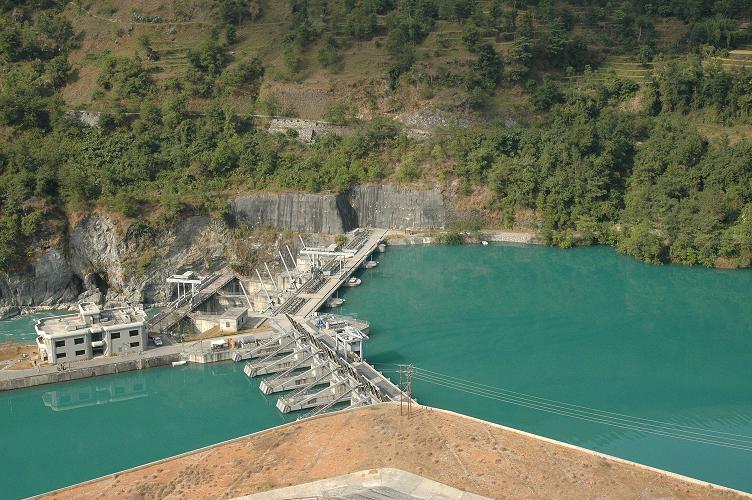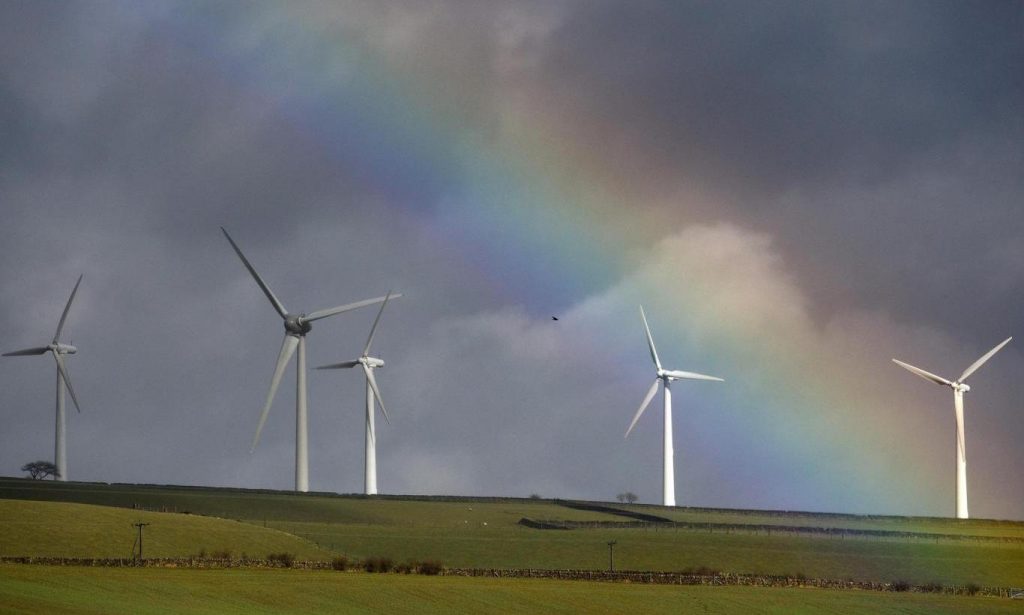Nearly 140 countries could be powered entirely by wind, solar and water by 2050
- Ian Johnston

'Our findings suggest that the benefits are so great that we should accelerate the transition to wind, water, and solar, as fast as possible, by retiring fossil-fuel systems early wherever we can'
 Getty
GettyMore than 70 per cent of the countries in the world – including the UK, US, China and other major economies – could run entirely on energy created by wind, water and solar by 2050, according to a roadmap developed by scientists.
And they pointed out that doing so would not only mean the world would avoid dangerous global warming, but also prevent millions of premature deaths a year and create about 24 million more jobs than were lost.
One of the scientists said the social benefits of following their roadmap were so “enormous” and essentially cost free that human society should “accelerate the transition to wind, water and solar as fast as possible”.
Rooftop solar panels and major solar power plants; offshore and onshore wind turbines; wave, hydroelectric and tidal schemes; and geothermal energy would also be used to replace fossil fuels to generate electricity, power vehicles and heat homes.
The UK is about to publish its own Emissions Reduction Plan, which is supposed to set out how Britain will meet its international commitment in the fight against climate change – to cut emissions by 57 per cent below 1990 levels by 2030.
While the UK has been making good progress on decarbonising electricity generation, the transport and domestic heating sectors remain problematic.
As part of its attempts to improve air quality, the Government has announced it will ban the sale of new fossil fuel-powered vehicles in 2040. It remains to be seen how radical it will be in encouraging the switch from gas-central heating to low or zero-carbon methods.
Writing in the journal Joule, a team of researchers led by Professor Mark Jacobson, of Stanford University in the US, warned the stakes were high.
“The seriousness of air-pollution, climate, and energy-security problems worldwide requires a massive, virtually immediate transformation of the world’s energy infrastructure to 100 per cent clean, renewable energy producing zero emissions,” they said.
“For example, each year, four to seven million people die prematurely and hundreds of millions more become ill from air pollution, causing a massive amount of pain and suffering that can nearly be eliminated by a zero-emission energy system.
“Similarly, avoiding 1.5C warming since pre-industrial times requires no less than an 80 per cent conversion of the energy infrastructure to zero-emitting energy by 2030 and 100 per cent by 2050.
“Lastly, as fossil-fuel supplies dwindle and their prices rise, economic, social, and political instability may ensue unless a replacement energy infrastructure is developed well ahead of time.”
The roadmaps were developed for 139 countries for which information about energy systems was available, out of the total of 195.
They “describe a future where all energy sectors are electrified or use heat directly with existing technology, energy demand is lower due to several factors, and the electricity is generated with 100% wind, water and sunlight (WWS)”, the researchers said.
“The roadmaps are not a prediction of what might happen. They are one proposal for an end-state mix of WWS generators by country and a timeline to get there that we believe can largely solve the world’s climate-change, air-pollution, and energy-security problems,” they added.
Professor Jacobson, director of Stanford's atmosphere and energy programme, said political leaders needed reassurance that the transition to a zero-carbon economy would work.
“Both individuals and governments can lead this change. Policymakers don’t usually want to commit to doing something unless there is some reasonable science that can show it is possible, and that is what we are trying to do,” he said.
“We are not saying that there is only one way we can do this, but having a scenario gives people direction.”
Fellow researcher Mark Delucchi added: “It appears we can achieve the enormous social benefits of a zero-emission energy system at essentially no extra cost.
“Our findings suggest that the benefits are so great that we should accelerate the transition to wind, water, and solar, as fast as possible, by retiring fossil-fuel systems early wherever we can.”
The researchers decided to exclude nuclear power, coal with carbon-capture-and-storage, biofuels and bioenergy from their vision of the future.
On nuclear, they highlighted the risks of weapons proliferation and the chance of a power plant meltdown.
“There is no known way at this time to eliminate these risks. By contrast, WWS technologies have none of these risks. Thus, we are proposing and evaluating a system that we believe provides the greatest environmental benefits with the least risk,” the researchers wrote.
Source :.INDEPENDENT





Feedback